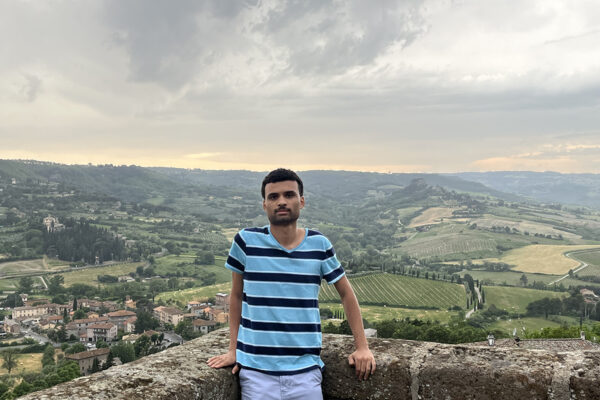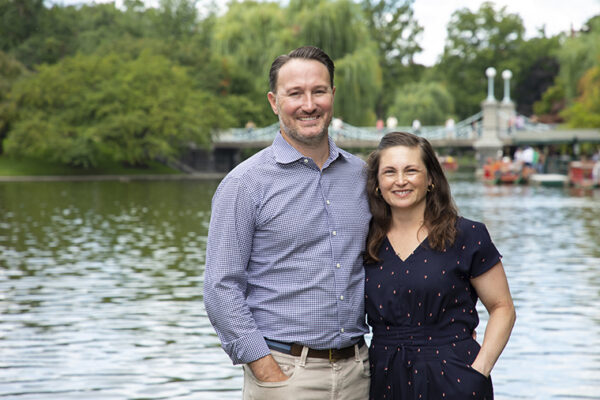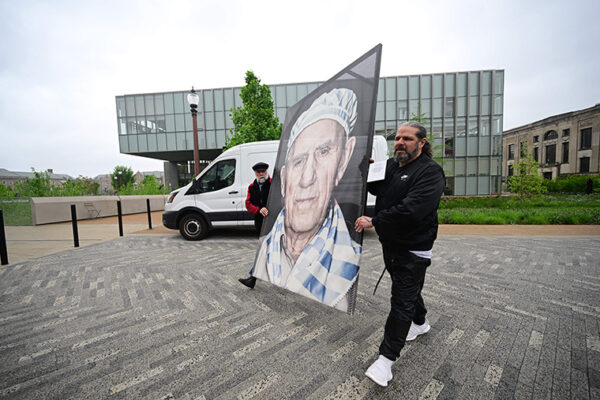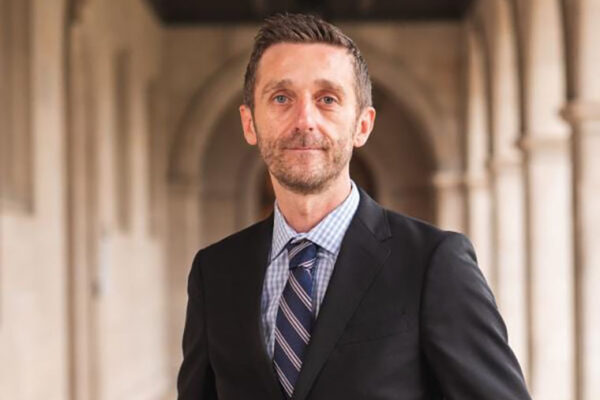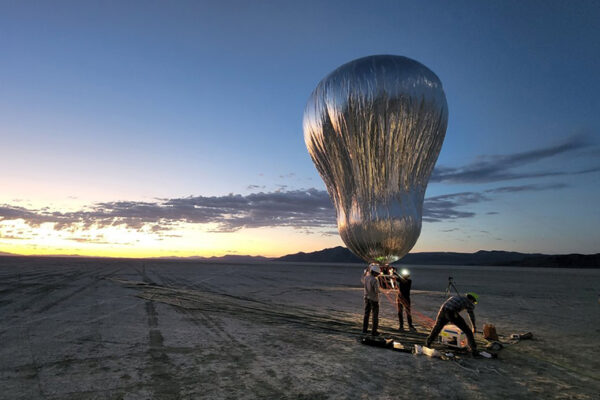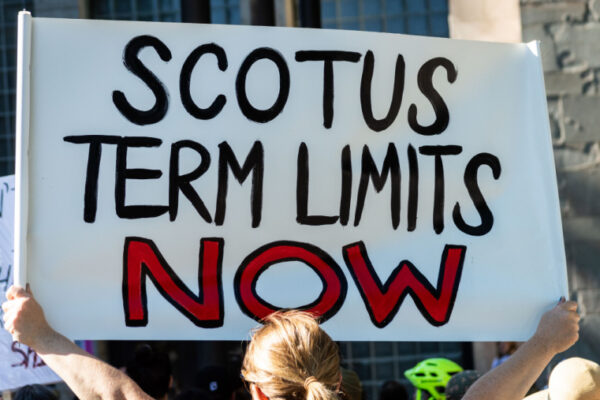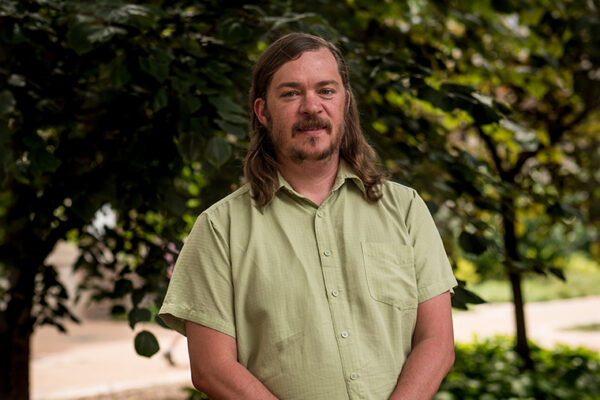Obituary: Malik Williams, student in Arts & Sciences, 22
Malik Williams, an undergraduate student in Arts & Sciences, died Friday, Oct 7. Williams is remembered as a quiet, calming presence who loved good food, travel and nature.
They knew, and now you should know, too
The latest book from Sarah Kendzior dives into the culture of conspiracy that arises when citizens let others do the thinking for them.
Pushing the limits of biology
Josh Mandel-Brehm’s biotech company, CAMP4, is harnessing the power of RNA.
‘Lest We Forget’ opens Oct. 20
“Lest We Forget,” a public art installation by noted Italian-German photographer Luigi Toscano, will open Oct. 20 in WashU’s Ann and Andrew Tisch Park. The exhibition will feature nearly 100 contemporary, large-scale portraits of Holocaust survivors — including 12 survivors now living in St. Louis.
WashU hosts the Fourth Annual Missouri Egyptological Symposium
The Fourth Annual Missouri Egyptological Symposium (#MOEgypt4) will take place Oct. 14-15 on the Danforth Campus. Nicola Aravecchia, assistant professor of classics and of art history and archaeology, both in Arts & Sciences, is one of the organizers of the event.
COVID messaging: caring or condescending?
Research from the lab of Brian Carpenter, in Arts & Sciences, suggests older adults understood that sometimes-unflattering COVID-19 messaging came from a place of caring and compassion.
NIH grant supports Jha’s work on ethics of AI in imaging
A $314,807 grant from the National Institutes of Health (NIH) will support Abhinav Jha’s interdisciplinary work looking at the ethics of artificial intelligence implementation in the medical sphere.
Venus balloon prototype aces test flights
Paul Byrne, associate professor of earth and planetary sciences in Arts & Sciences, is a science collaborator for a prototype aerial robotic balloon, or aerobot, built by NASA’s Jet Propulsion Laboratory and the Near Space Corp.
Post-Dobbs, Supreme Court’s legitimacy at risk
Public dissatisfaction with the Supreme Court’s rulings and its performance has been growing. New research by political scientist James Gibson in Arts & Sciences suggests the controversial Dobbs decision may have been the straw that broke the camel’s back.
Carlson to study neuroplasticity, behavioral evolution
Bruce Carlson, professor of biology in Arts & Sciences, recently won a $980,000 grant from the National Science Foundation to study neuronal plasticity and the evolvability of animal behavior.
View More Stories
